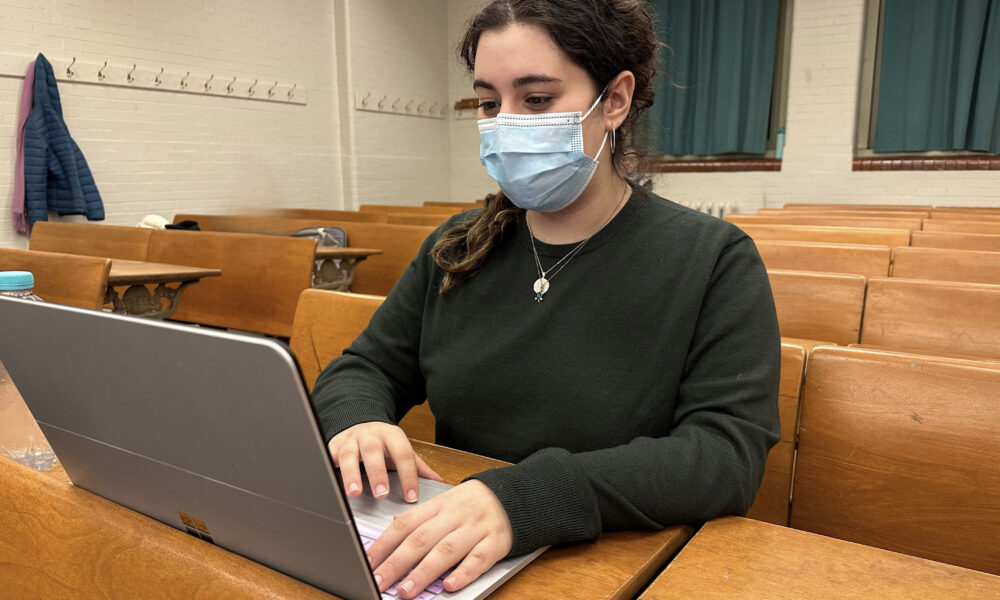Finding mental health support as a McGill student has been a challenge for quite some time, with the university’s meagre efforts to offer services—like animal therapy and peer supporters—falling short. The Student Wellness Hub is inadequate for the majority of the student population; however, the jarring lack of mental health resources is just one aspect of McGill’s larger, overall thoughtlessness when it comes to accessibility. Lecture recordings, or the lack thereof, is a striking example of the university’s failure and continuous refusal to respond to students’ essential needs.
Whether cramming for finals or catching up on a missed class, lecture recordings can be helpful for any student, and not ensuring access to them is a major letdown on the university’s part. While not having recorded lectures may seem like a slight inconvenience, this raises accessibility concerns for students for whom recorded classes are a necessary tool for learning. Given the progress of technology and the increasing use of technical tools in higher education, McGill must make recorded lectures mandatory.
Over 30 per cent of McGill students are international, while almost half come from Quebec, which means that English is a second or even third language for many. While the ability to follow lectures in English is a justified requirement for McGill, the university must acknowledge that levels of fluency may vary significantly. Lecture recordings allow students to slow down, rewind, and watch the captions to a lecture, facilitating students’ understanding and learning.
But more than a tool for learning, lecture recordings are a necessary accommodation for students with health issues, either physical or mental. Even something as simple as a cold can justify the case for mandatory lecture recordings, as it is inconsiderate and unsafe to require students to come to class when showing symptoms of illness.
For students who suffer from chronic illnesses or struggle with their mental health, getting out of bed and going to a class is not always an option. In those cases, not recording classes almost seems like a conscious choice of not supporting certain students—when McGill prides itself for its mental health services.
Recording lectures confronts the inequalities among students that force some to work one—sometimes even two—part-time jobs to make ends meet—on an already financially inaccessible campus. These students have no choice but to miss certain classes and sometimes must rely on often incomplete slides or classmates’ notes to try and grasp important concepts and lessons. Past a certain point, it can become discouraging and fruitless to constantly be playing catch-up on missed lectures with no recordings. McGill’s lack of support on the matter sends the message that this is entirely the students’ problem.
Professors should record classes because it provides a fair and equitable opportunity for //all// students to engage with the class material they pay tuition for, rather than catering exclusively to privileged students who are able to attend every lecture in person. In the absence of recordings, classes will remain exclusionary.
This issue of accessibility links to a general pattern of neglect from the McGill administration. Although the university provides students with the option to book appointments with mental health professionals through the Student Wellness Hub, these appointments are infamously difficult to access due to lack of practicians and high demand. Students seeking psychiatric care have for example reported long wait times and complicated booking procedures. Especially given how mental health recognition appears to be increasing at other major universities, such as Queen’s and the University of British Columbia, McGill’s lack of resources and care is even more glaring. Having accessible education is vital to students’ mental health and thus academic success, and it is counterproductive for McGill to ignore this major accessibility issue. McGill must address its student body’s well-being in order to improve the quality and impact of its own education.








